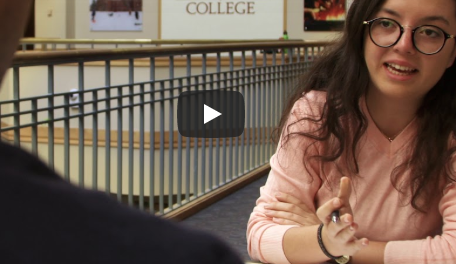
Apr 9, 2019
Fostering Student Innovation and Entrepreneurship
Through the Bradbury Dyer III ’64 Center for Innovation and Entrepreneurship, Lafayette students learn design thinking, financial analysis, product/idea…

Through the Bradbury Dyer III ’64 Center for Innovation and Entrepreneurship, Lafayette students learn design thinking, financial analysis, product/idea…
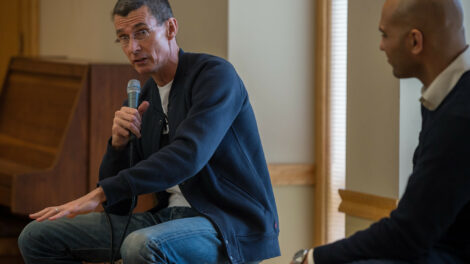
The Bergh Summer Accelerator will provide up to 10 student entrepreneurs with mentoring, training, and financial support (up to $25,000 per team) over…
Times are changing. Global competition and technological advancements such as robotics, IoT (internet of things), and most impactful, artificial intelligence…
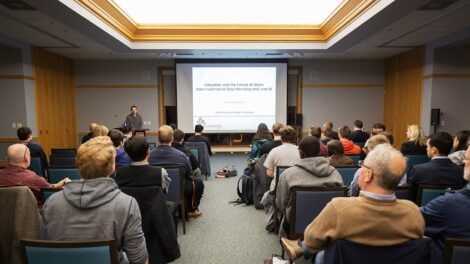
By Stephen Wilson Blockbuster Video. Kodak. Toys “R” Us. Sears. Businesses fail. Even ones with amazing longevity. When their value in the culture…
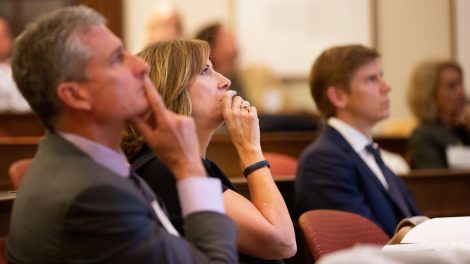
Story by Stephen Wilson, photos by Clay Wegrzynowicz Townhouse-style living with three bedrooms, a cute kitchen, living room, and spacious bath. Sounds…
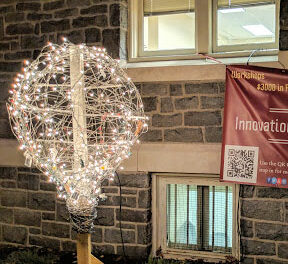
By Sydney Edelson ’19 Widely regarded as the epitome of innovation and entrepreneurship, Thomas Edison, inventor of the lightbulb, reflected on his persistent…
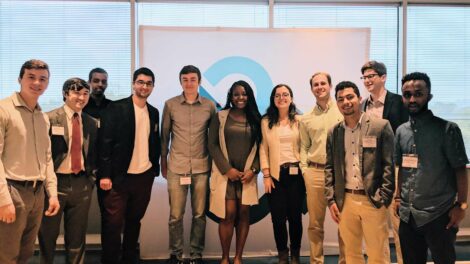
While most students were snug in their beds back home over fall break, a handful were listening to a DJ while running in a circle doling out high-fives…
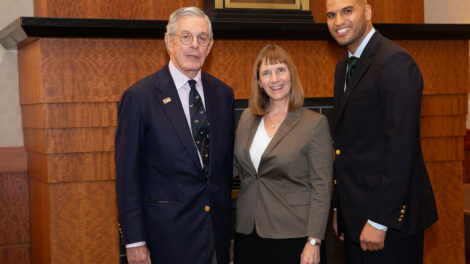
By Jill Spotz Beautiful foliage, a bustling campus, and a myriad of Homecoming activities served as the backdrop for the Lafayette community to celebrate…
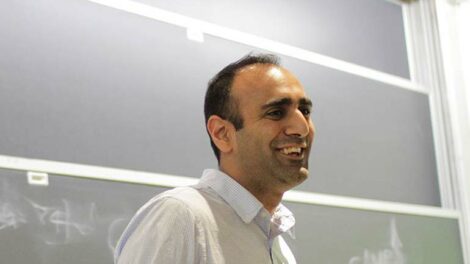
By Stephen Wilson Lifting a spoon to your mouth. For most, a simple and routine task. For others, a source of ridicule and embarrassment. For engineer…
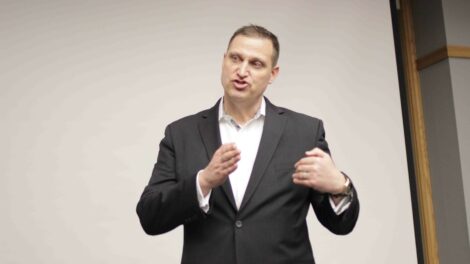
By Stephen Wilson When you’re young, it’s easy to think you know it all. Then life hits you with the unexpected. That’s when you need some advice—precepts…